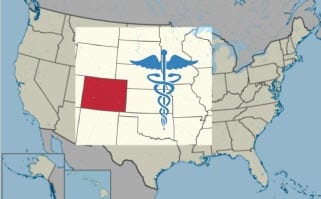Cancelled health insurance policies cause frustration throughout state
The number of people in Colorado who are likely to see their health insurance policies cancelled has reached 250,000. These cancellations are causing frustration for many consumers in Colorado and several other states throughout the U.S. According to the Colorado Division of Insurance, 23 insurance providers are opting to cancel policies due to federal regulations introduced through the Affordable Care Act. The majority of these policies are expected to expire in January and February of next year.
Insurers opt to cancel policies rather than provide additional benefits
Many of the insurance plans being cancelled do not comply with federal standards. These policies do not typically include coverage for the 10 essential health benefits that have been defined by the Affordable Care Act. These benefits include coverage for mental health treatment and a variety of other such issues. Improving policies is a costly issue for insurance companies and some have opted to cancel policies rather than spend the money on offering coverage for federally-defined benefits.
 Insurers look to depopulate individual market
Insurers look to depopulate individual market
The majority of the policies being cancelled in Colorado are within the individual market. Health insurance companies have been making moves to reduce their presence in the individual market for some time. Some companies have been working to push consumers to state-based exchanges, where they can find health insurance coverage through a relatively straightforward process. These exchanges shift risk exposure away from insurers to some degree, allowing certain risks to be handled by both state and federal governments.
Frustration directed at federal government regarding cancelled policies
Those affected by insurance cancellations have taken their frustration out on the federal government. Many suggest that the government is “bullying” them into purchasing coverage through exchange systems. The Affordable Care Act does not, however, force insurers to cancel policies as it only requires companies to provide better benefits. Moreover, many people have claimed to find better coverage at lower rates through state-based exchanges, especially due to their access to subsidies provided by the federal government.
